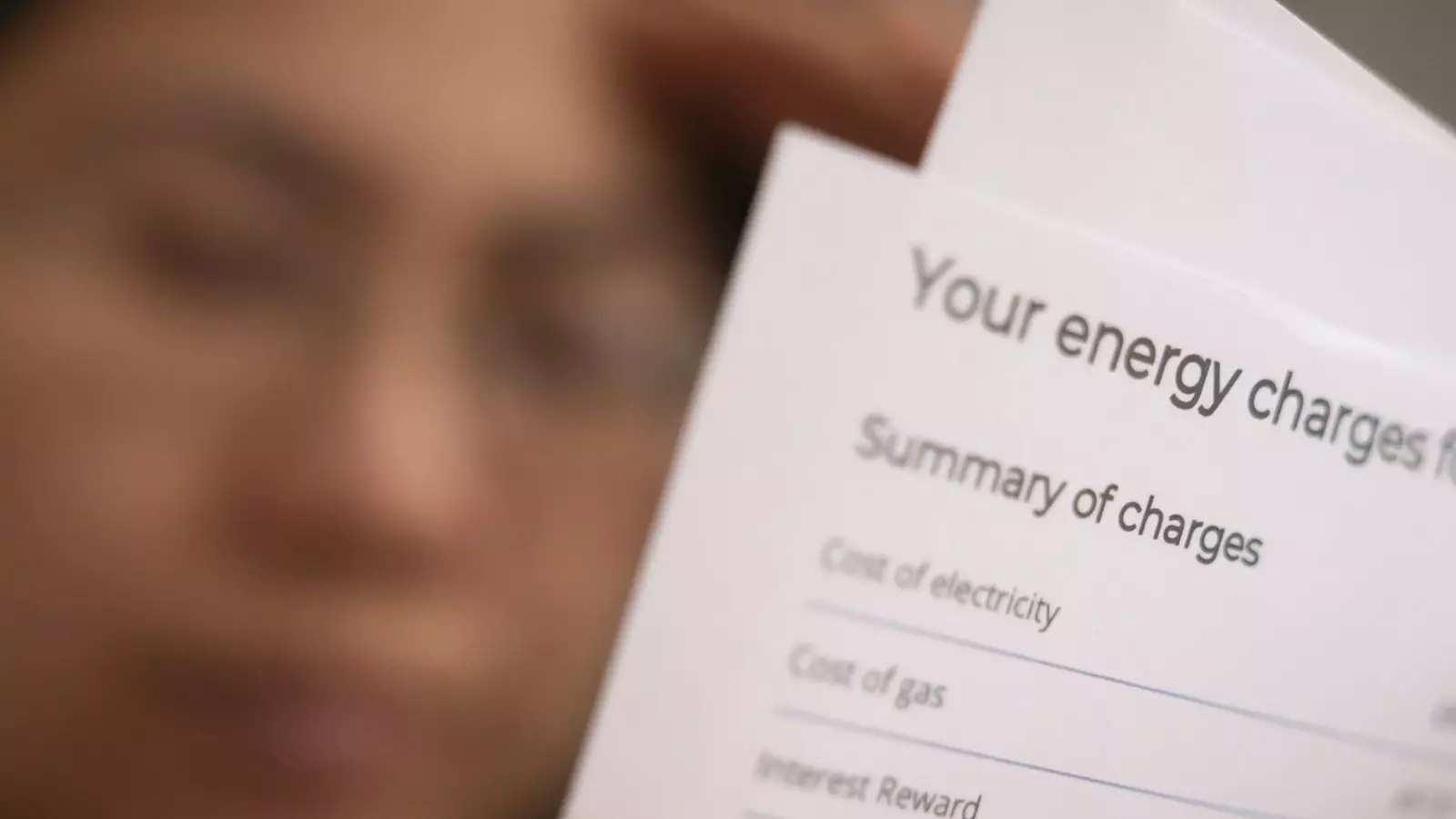The recent announcement by the industry regulator, Ofgem, regarding a £20 per month reduction in the energy price cap is a welcome relief for many UK households. The 12% reduction, set to take effect from 1 April, will bring the annual energy bill for a typical household paying by direct debit for gas and electricity to £1,690, down from the current £1,928. This decrease is attributed to lower wholesale prices, particularly in natural gas, due to higher stockpiles and a mild winter season.
Despite the price cap reduction, households will face an additional “temporary” charge to assist suppliers in supporting customers with significant levels of debt. Ofgem will allow a temporary additional payment of £28 per year (£2.33 per month) to ensure that suppliers have sufficient funds to assist struggling customers. This charge will be added to the bills of customers paying by direct debit or standard credit.
Ofgem’s wider action also aims to reduce the gap between the charges paid by prepayment meter customers and other households. Customers on prepayment meters will save approximately £49 per year, while direct debit customers will pay an extra £10 per year. Despite these adjustments, bills are expected to reach their lowest level since Russia’s invasion of Ukraine in February 2022.
The market experts have raised concerns about the sustainability of the pre-crisis energy prices, given the current challenges in the energy market. The disruption caused by Russia’s gas supplies to the continent, combined with attacks on shipping in the Red Sea, has led to higher prices and supply chain uncertainties. The energy price cap, initially introduced to prevent overcharging, is now under scrutiny as a potential barrier to competition in the market.
Research indicates that a significant portion of households view the price cap as a hindrance to accessing fixed-term offers from suppliers. The supplier crisis that began in 2021 has made fixed deals scarce, with only a few undercutting the price cap. Consumers are eager for better tariff choices and improved competition in the market. Price comparison sites are optimistic that Ofgem’s broader action on the price cap bill will encourage more competitive offers, benefiting consumers in the long run.
The energy price cap reduction is a step in the right direction for UK households struggling with high energy bills. While the temporary additional charge may pose a short-term challenge for some customers, the overall aim is to provide necessary support to those in debt. Ofgem’s efforts to address the disparities in charges between different customer groups and enhance market competition are positive developments. As the energy market continues to evolve, it is crucial for regulators and suppliers to work together to ensure a balance between affordability and sustainability for consumers.


Leave a Reply